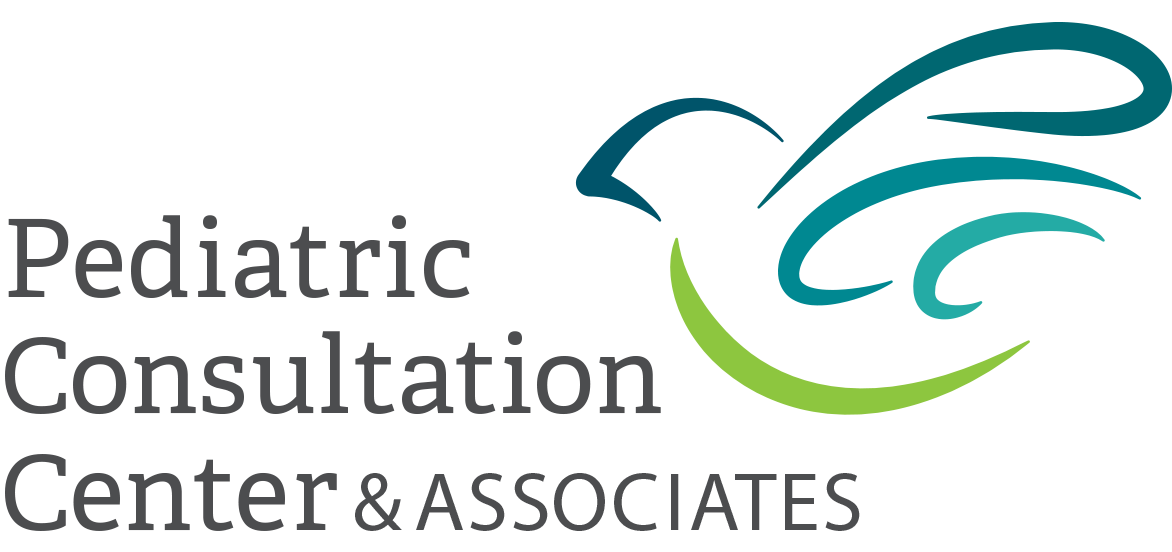
What can you expect when you refer your child to The Pediatric Consultation Center & Associates? We take a relaxed but highly professional and personalized approach. Here’s how we typically work with you and your child.
The Assessment
The assessment itself is broken up into a series of meetings. We start with an intake interview with a parent or parents. If the child is an older teenager, they may be included in the process. This is about an hour long meeting and allows a more in depth conversation about a child’s needs, as well as a discussion regarding the child’s family, medical, developmental, and educational history. Parents are also encouraged to ask questions in preparation for the evaluation.
We then schedule three separate appointments, roughly two and a half hours each, which typically are a mix of testing, observation, and conversation with the child in age-appropriate language. The assessment will be led by a clinical psychologist. The tests we use are sophisticated—evidence-based, gold standard. They help us measure general intellectual abilities, academic skills, learning style, cognitive functioning, social skills, emotional development and other developmental touchstones. They prompt your child to think in different ways and to use different skills so we can gain a 360-degree perspective of your child’s strengths and challenges (emphasis on the strengths).
For preschool through elementary school age children, it is important to observe a child in their own environment, so we will arrange to have a team member (anonymously) observe your child in their classroom. What we can see in the school setting is very different from what we observe in the testing setting, and it will only help give us a more accurate picture of your child.
After the Assessment
Following the testing and observation sessions, we schedule a meeting with the parents (and the child, depending on the age and circumstances) to report our findings and make our recommendations. At that time, we may be able to give you a definitive diagnosis. Know that not every child who exhibits learning, behavioral or developmental issues fits a diagnostic criteria, so even if we do not have a “name’ for your child’s issues, we will certainly have a plan to address any concerns and to maximize strengths.
Whatever the issues, every parent will leave our office with a “blueprint” or roadmap to success for their child that translates our findings into specific areas to address. The plan includes referrals to the appropriate area professionals, suggested frequency of visits, time frames, goals, tips for parents and other supports—all individualized to your child.
With parents' permission, we also will communicate our findings to teachers and other school personnel so they are aware of our plan and can put the appropriate supports in place for your child, including—if needed—an IEP (Individualized Education Plan). Often, this takes place at a parent-initiated follow up meeting at the school. If issues arise around school placement, we can advocate for your child. In some cases, parents will hire a special education attorney, and we can work with them on placement decisions.
Ongoing Follow-up
Even after the assessment has been completed and a plan has been put into place, we remain available for follow-up, questions, additional advocacy, and fine-tuning of the original plan.
We suggest when to schedule another assessment depending on your child's specific needs and stage of development. Behaviors that once were problems may be resolved, issues that lay dormant may blossom, a plan that worked well may need to be modified, and other interventions may be dropped entirely. Again, it all comes down to ensuring that the right plan with the most appropriate supports is in place for your child.



